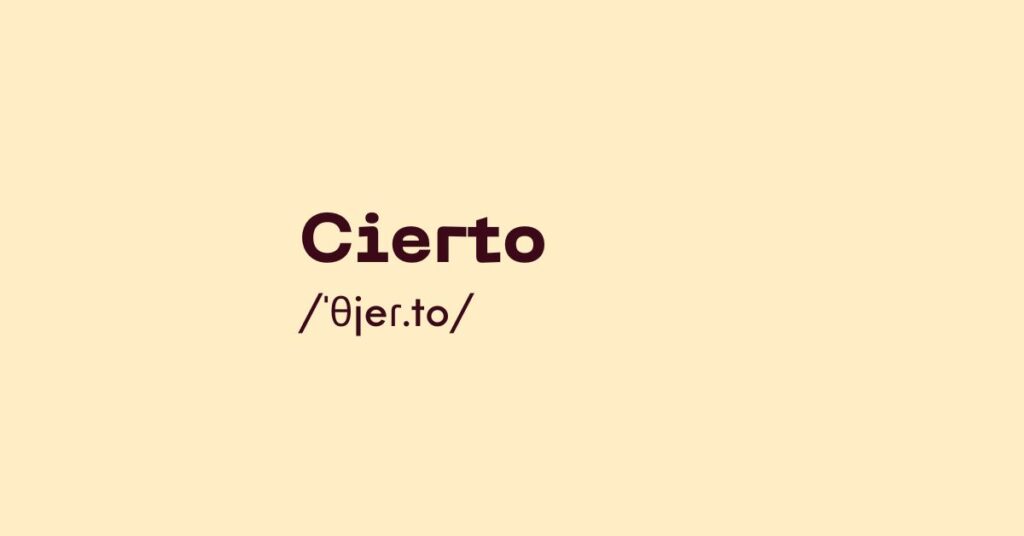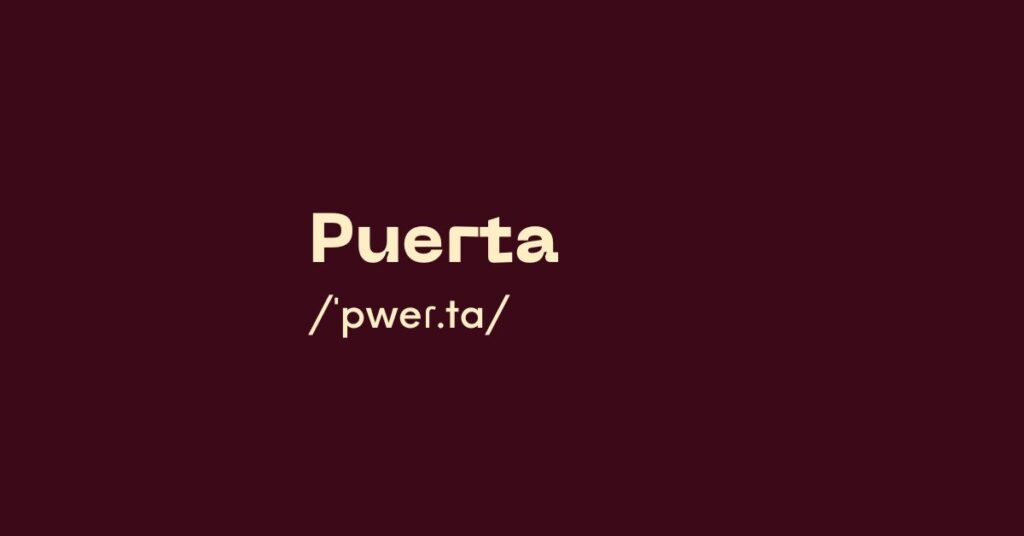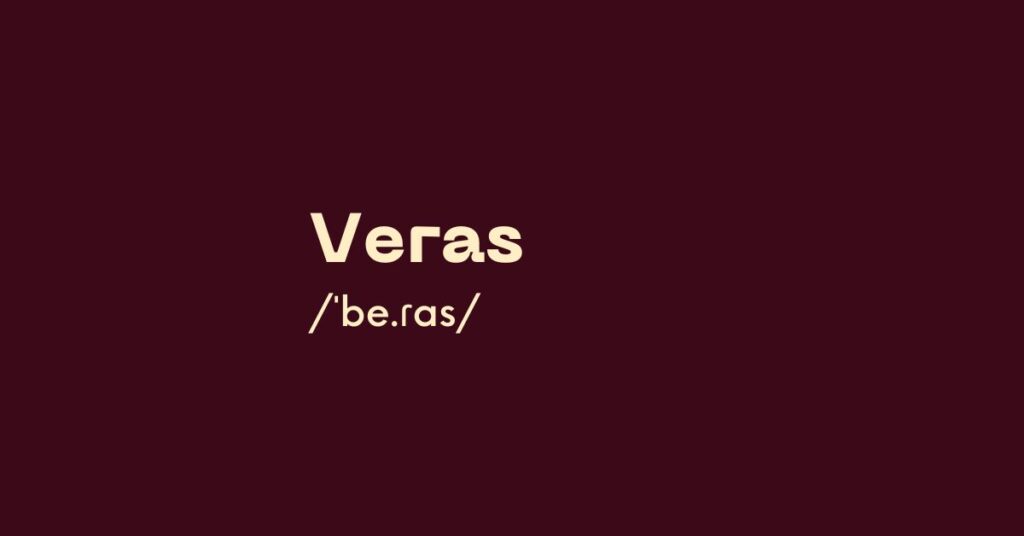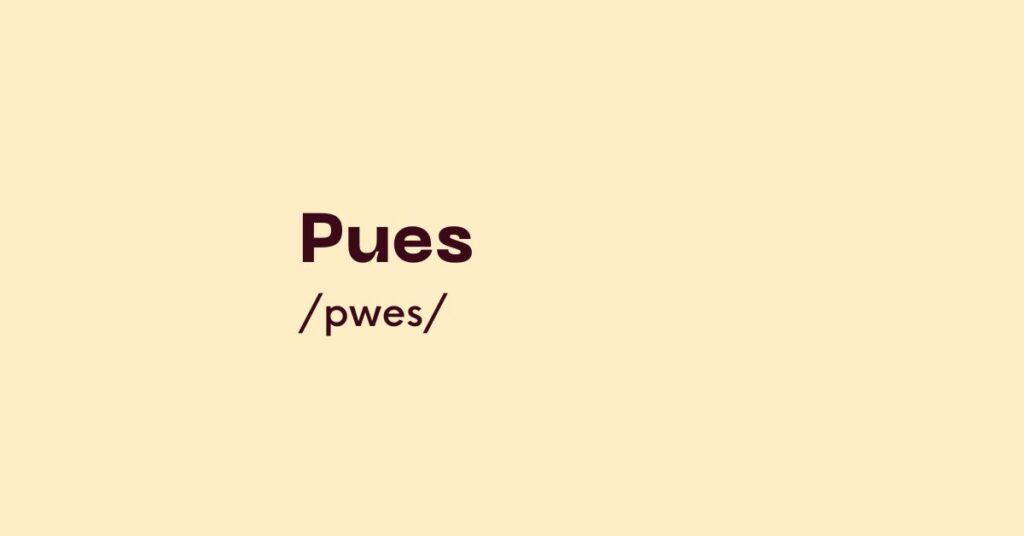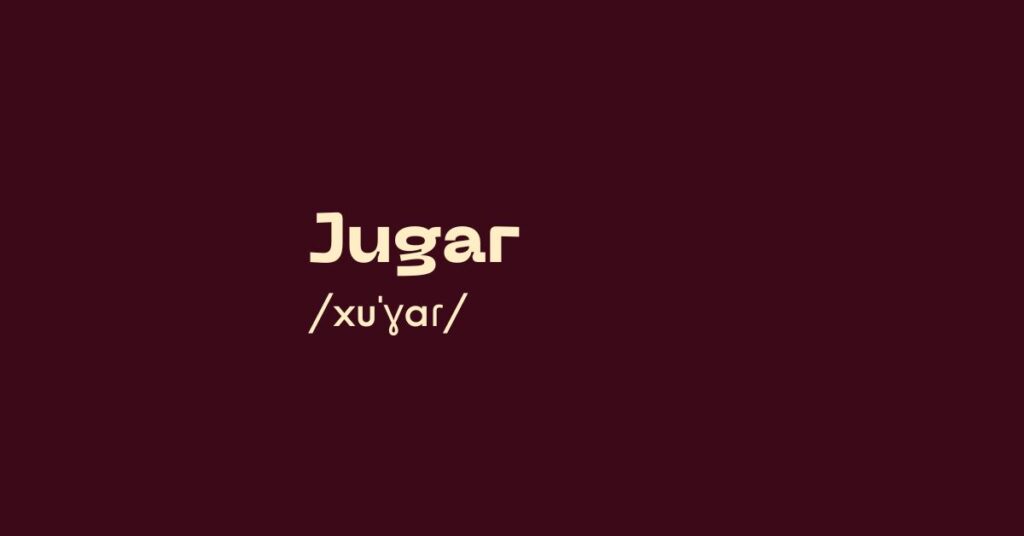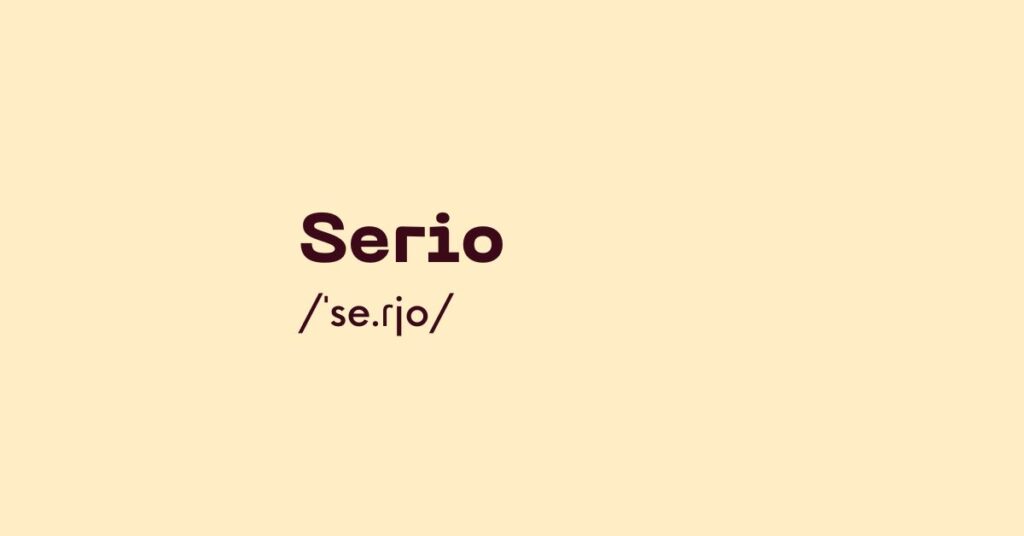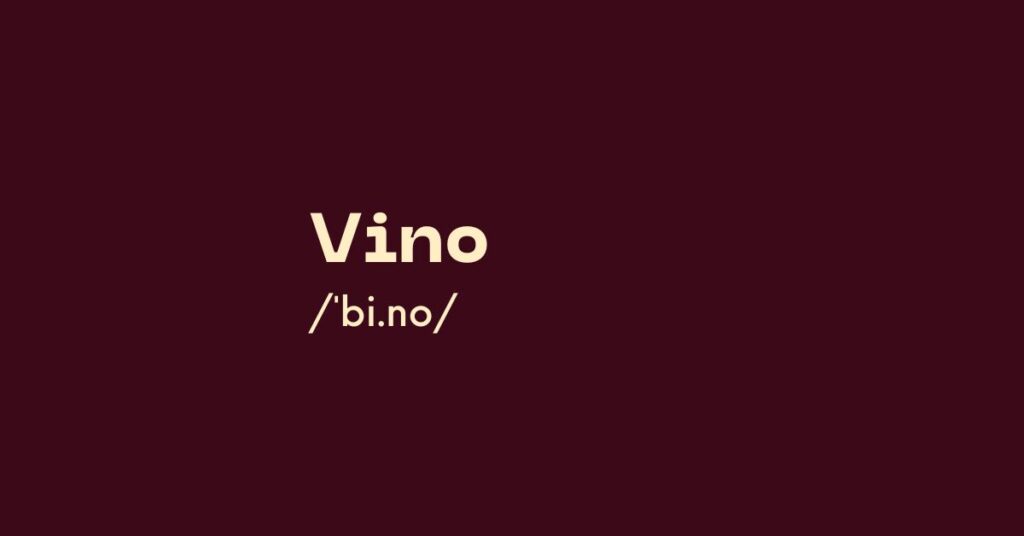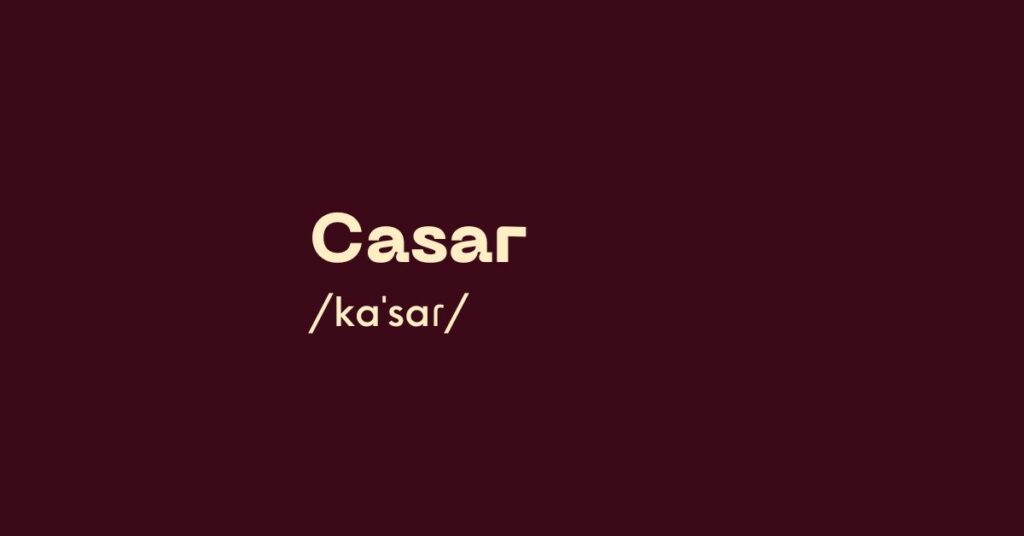Cierto
Today’s Spanish word of the day is “cierto”. It’s an adjective meaning “true”, “certain” or “some”. It’s often used with the verb “ser” (“to be”) to say that something is true, for example: When used after a noun, it usually means “true”, for example: When used before a noun, it usually means “certain” or “some”, […]
